A New Era in Shark Surveillance
As shark attacks rise in Australia, drones are proving to be a game-changer in keeping beachgoers safe. Nathaniel Woodcock, a 21-year-old drone pilot, spotted a great white shark heading toward swimmers at a beach in Mollymook, reports The Washington Post. His quick response and the drone’s warning system helped avert a potential disaster.
The Tech Behind the Safety
Australia now boasts the world’s largest coastal drone-surveillance operation, part of a broader move away from traditional shark-fighting tools like nets. Drones, along with nonlethal traps known as SMART drumlines, are giving authorities unprecedented monitoring capabilities.
“People hear ‘drumline’ and think we’re killing the sharks, but we’re not,” said Paul Butcher, a scientist with the New South Wales Department of Primary Industries (DPI).
A Growing Need for Innovation
Shark attacks have increased, not just in Australia but globally. With 10 fatal attacks worldwide last year and four in Australian waters, the need for effective prevention methods is critical. Traditional nets, which have been used for nearly a century, are increasingly seen as inadequate and harmful to other marine life.
“Shark nets create an incredible cost on other marine life,” said Duncan Heuer from Saving Norman, an organization focused on the conservation of critically endangered greynurse sharks.
The Effectiveness of Drones
The effectiveness of drones is clear. Over the Christmas period alone, drone pilots spotted 164 sharks. This proactive approach contrasts sharply with the reactive nature of shark nets, which often fail to protect beachgoers.

Challenges and Future Prospects
Despite the success, challenges remain. Drones can be grounded by bad weather, and their effectiveness relies heavily on the vigilance of their operators. The technology is also expensive, costing New South Wales about $14 million a year, which might be unaffordable for many regions.
Yet, the potential is immense. DPI is experimenting with Artificial Intelligence to help identify dangerous species and testing “drones in a box” for remote deployment. These innovations could further enhance the safety of Australia’s beaches.
DroneXL’s Take
Drones are revolutionizing shark surveillance and beach safety in Australia. While challenges remain, the integration of AI and advanced drone technologies promises even greater effectiveness. As other regions look to replicate Australia’s success, it’s clear that drones will play a crucial role in safeguarding our coasts.
For more on how drones are transforming various industries, check out our latest articles on DroneXL.co.
Photos courtesy of Washington Post and Department of Primary Industries
Discover more from DroneXL
Subscribe to get the latest posts to your email.


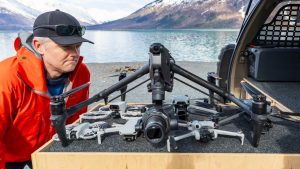
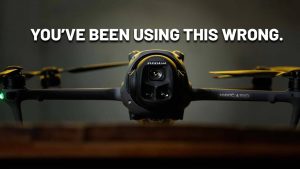




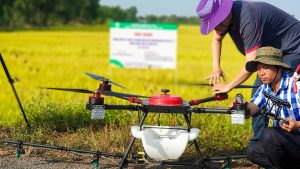
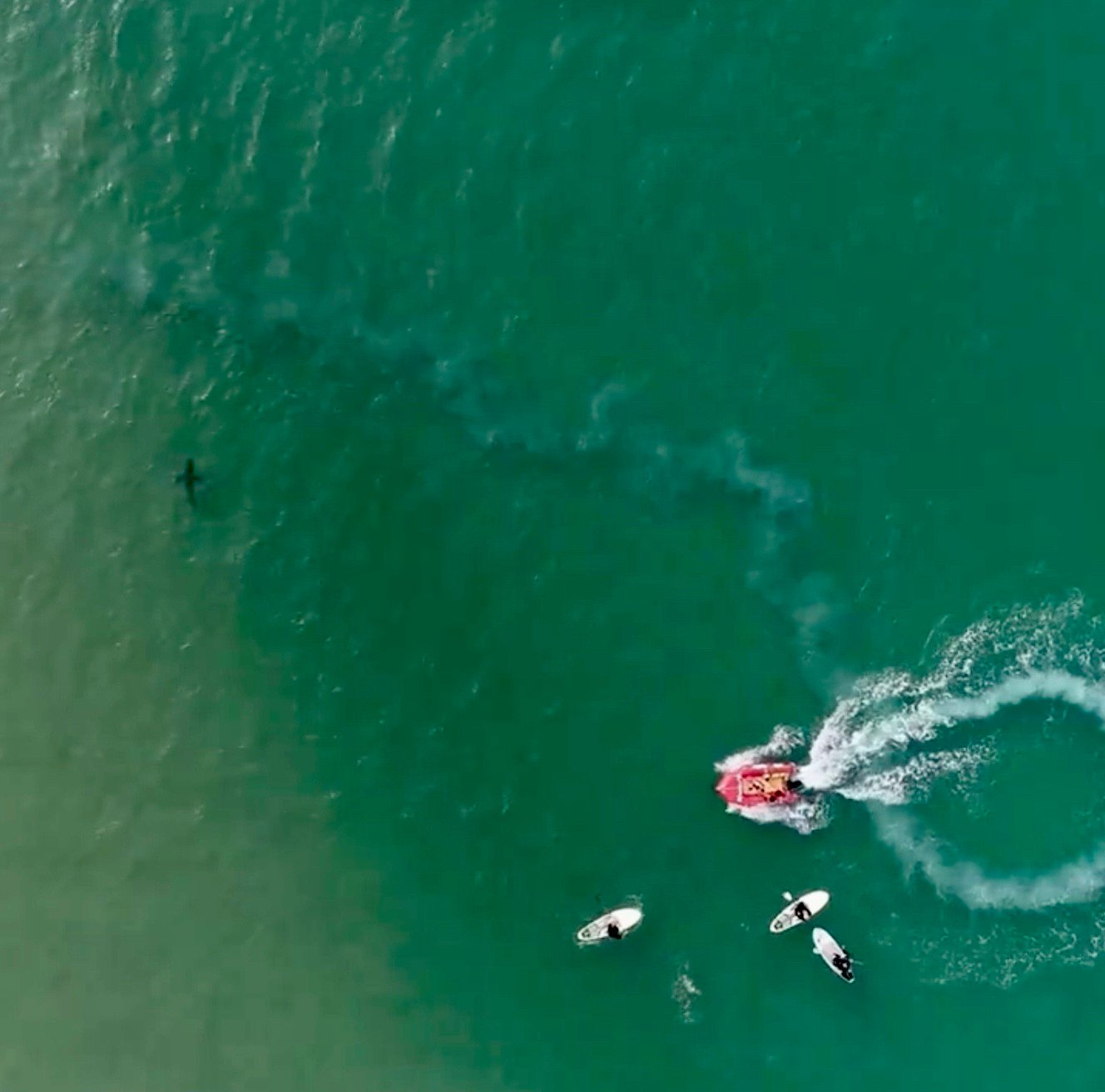

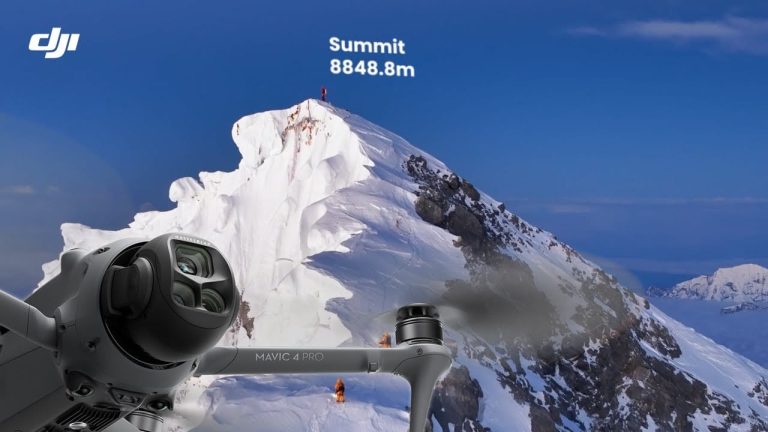
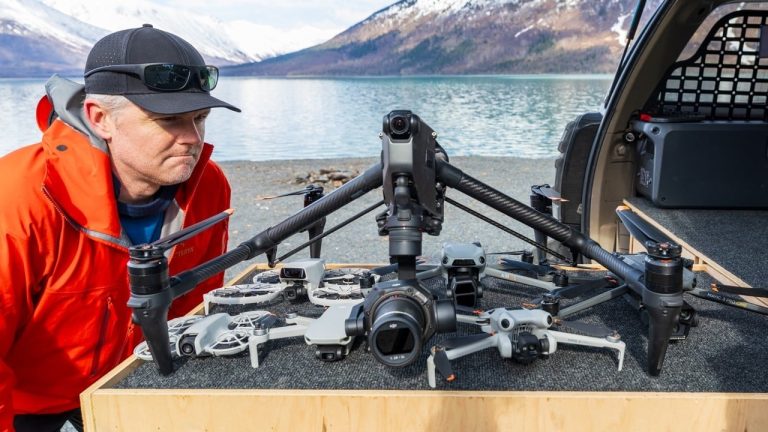
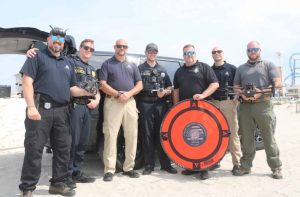
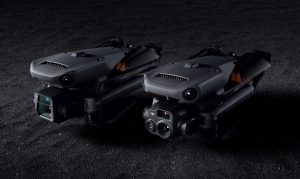
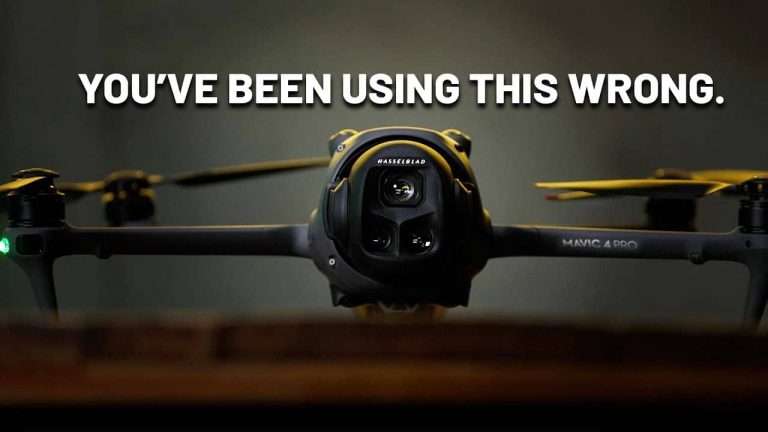

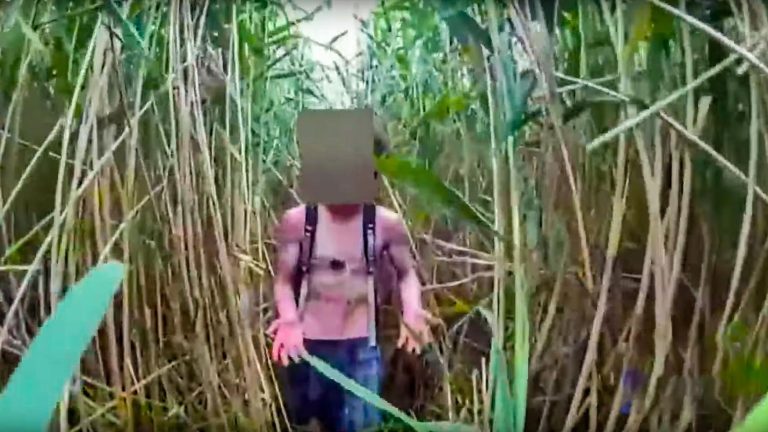
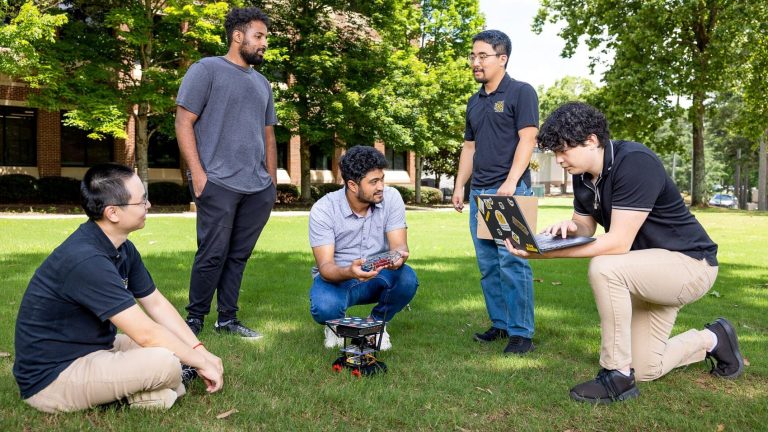
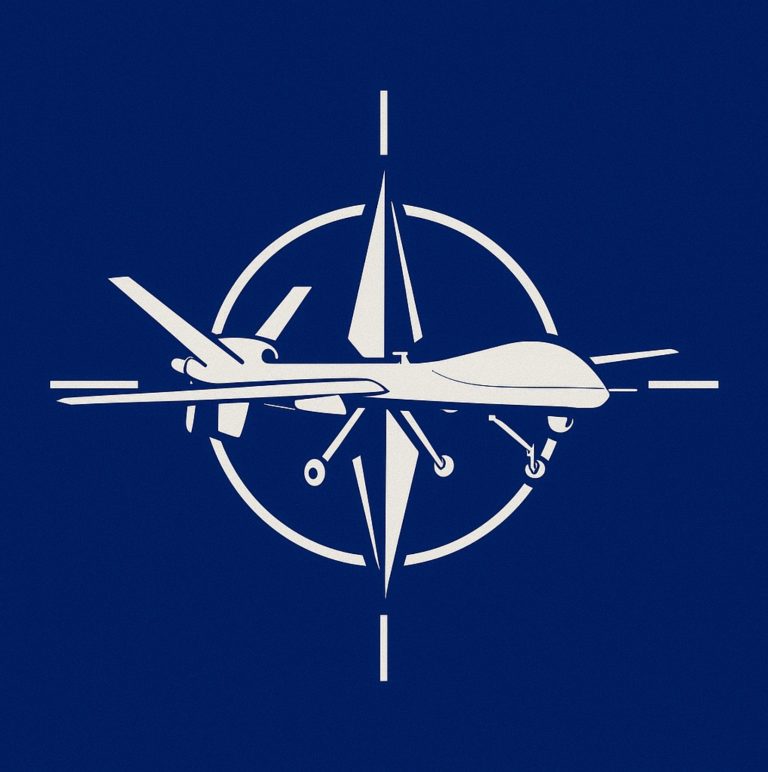
+ There are no comments
Add yours